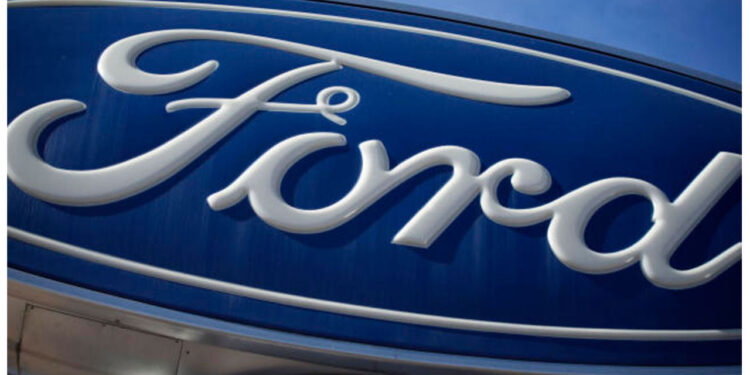Federal regulators are criticizing Ford’s approach to repairing thousands of SUVs it recalled early last month.
In April, Ford recalled approximately 43,000 Bronco Sports and Escapes SUVs due to gasoline leaking from fuel injectors onto hot engine surfaces, raising the possibility of a fire. Ford stated that the SUVs’ fuel injectors will crack, enabling gas or vapor to spill near heated engine parts.
Ford fixed the problem by installing a drain tube to divert gas away from hot surfaces and updating the software to detect a pressure reduction in the fuel injection system. If this occurs, the software disables the high-pressure fuel pump, reduces engine power, and lowers engine compartment temperatures.
However, the US National Highway Traffic Safety Administration (NHTSA) claims that the tube solution does not genuinely solve the problem.
In a statement to Ford issued Thursday, the NHTSA stated that its Office of Defects probe has launched a probe into the recall, citing “significant safety concerns” with Ford’s repair process. It further stated that it “believes the remedy program does not address the root cause of the issue and does not proactively call for the replacement of defective fuel injectors prior to their failure.”
Ford stated Thursday that it is cooperating with the NHTSA’s inquiry. Ford stated that the Bronco Sport and Escape recalls are an extension of the 2022 recall for the same concern. The repairs have already been tested on vehicles affected by the last recall.
In its letter, the NHTSA requests that Ford submit agency information regarding the fuel injector fix, including any testing the firm undertook to ensure that their solution cured the fuel injector problem and whether hardware changes were required. NHTSA is also requesting that the corporation explain any other remedies that were examined, as well as any cost-benefit analysis performed when the remedy was decided.
The EPA wants to know how much petroleum will leak and whether it meets federal environmental and safety regulations. It is also interested in learning how Ford views “its obligations (legal, ethical, environmental, and other) to prevent and/or limit fuel leakage onto the roadway at any point during a vehicle’s lifespan.”
NHTSA also wants Ford to explain how the software would detect a fuel pressure reduction, how long it takes between cracking and detection, and what messages will be delivered to the driver. It also inquires about the impact of disabling the high-pressure fuel pump on other fuel system components, as well as how the SUVs will function without the pump.
The letter stated that Ford must deliver the needed information to NHTSA by June 21. Depending on the outcome of the study, the agency may request additional repairs to address the fuel leaks.










